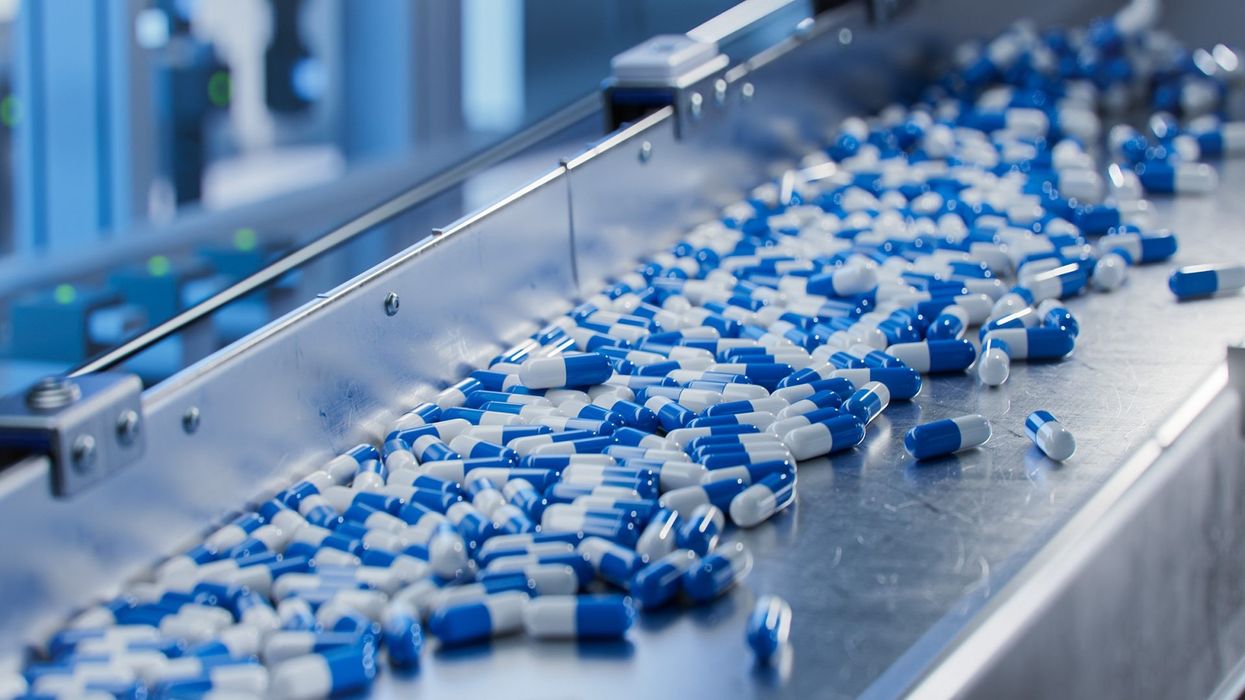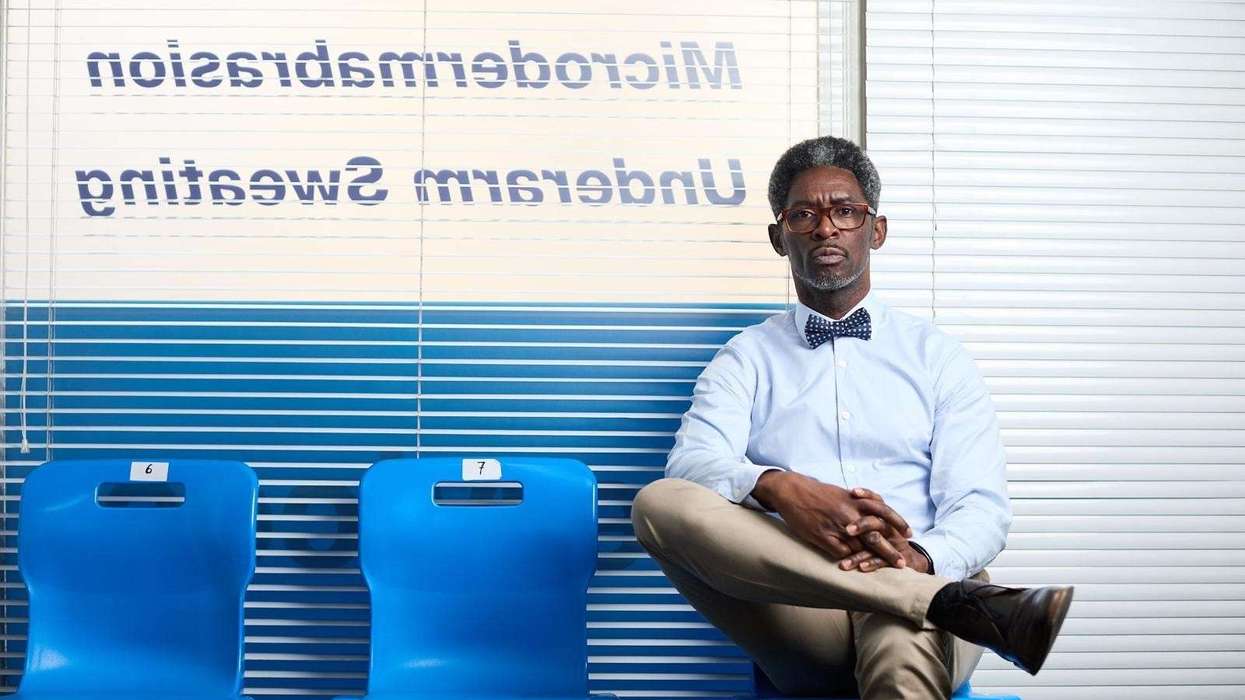Key Summary
- Health Secretary Wes Streeting called off negotiations with drugmakers after making 'unprecedented offer'
- The review was tasked with finding a mutually agreed way to address soaring VPAG payment rates
- The companies have to pay 23.5-35.6 percent of their revenue from sales of branded medicines to the NHS
The pharma industry and government have been unable to reach an agreement on changes to the medicines payment scheme - 2024 Voluntary Scheme for Branded Medicines Pricing, Access, and Growth (VPAG), the Association of the British Pharmaceutical Industry has confirmed.
Health Secretary Wes Streeting called off negotiations with drugmakers on Friday (22) after “weeks of delay”, having made what the Government called an “unprecedented offer” to boost health spending.
Streeting accused the ABPI of "repeatedly" delaying a decision on the negotiations.
In April 2025, the ABPI and government agreed to bring forward a planned mid-scheme review of VPAG.
This review was tasked with finding a mutually agreed way to address soaring VPAG payment rates, which now require pharmaceutical companies to pay up to a quarter to a third (23.5-35.6 percent) of their revenue from sales of branded medicines to the NHS.
ABPI had earlier listed the challenges this payment scheme poses to the pharma industry.
The industry body said this will affect the UK government’s ambition for the life science sector and wider economic growth, the industry's ambition to ensure the latest medical breakthroughs and treatments can reach all the NHS patients, and the commitments set out in the UK-US Economic Prosperity Deal.
The ABPI said the industry and government have not been able to reach agreement on the changes needed to rapidly return the UK to single-digit, internationally competitive payment rates on medicines sales to the NHS.
They have also not been able to address the way in which NICE fundamentally values innovation, for which the standard decision-making parameters have not changed for almost a quarter of a century.
ABPI chief executive Richard Torbett said: “While this review has concluded without reaching agreement, the issues it was set up to resolve remain unaddressed and continue to demand urgent action. We need to reach a solution that improves patient access to future innovation, allows the sector to fulfil its growth potential, and does not require industry to pay back nearly three times as much of its revenues as is required in other European countries."
“The NHS’s demand for innovative medicines has continued to grow in line with health demands. Yet the UK’s willingness to invest in new treatments has continued to fall," he added.
Torbett warned that the UK will continue to fall in international league tables for research, investment, and patient access to medicines.
The 2025 payment rate has left the UK significantly out of line with comparable countries, with France’s average payment rate at 5.7 percent, Italy (6.8 percent), Germany (7 percent), Spain (7.5 percent), Belgium (7.9 percent), and Ireland (9 percent).
The ABPI pointed out that the UK’s decades of disinvestment in medicines and vaccines have left the NHS lagging international peers in terms of access to and use of innovative treatments.












